Brief Summary
In this final part of Scala Applied, we simplify the complex world of Scala's core libraries, pattern matching, and more, making programming with Scala super enjoyable!
Key Points
-
Final part of Scala programming course
-
Explore pattern matching and case classes
-
In-depth study of collections API
-
Learn to use Scala with Java projects
-
Introduction to Futures API
Learning Outcomes
-
Understand and apply Scala's core libraries
-
Master pattern matching and partial functions
-
Utilize collections API effectively
-
Integrate Scala with Java smoothly
-
Build projects using SBT with custom settings
About This Course
Part 3 of Scala Applied, covering Scala's core libraries
Scala Applied, part 3 is the final part of this Scala programming language course. The course in its entirety is aimed at giving you a full, day-to-day working knowledge of Scala programming, including some of the most common core library APIs.
This part starts with a final language feature for Scala (continuing from the other language features covered in parts 1 and 2). Pattern matching, partial functions and case classes are examined, how they can be used together, and how partial functions can help you avoid certain runtime errors by validating input to a function before you call it.
Then we delve into the collections API in the core libraries (a very in-depth 2 module examination of the capabilities and performance tradeoffs of the various collection options), and finish up with a look at using Scala on Java projects, using Java libraries from Scala and how to harness build tools (particularly SBT) to build your project and even write custom settings and tasks. Following that we look at the Futures API in the core libraries.
This course is also a good lead-in to the Stairway to Scala Advanced 3 part course which concentrates on in-depth language features, higher level functional abstractions, common patterns and idioms, type theory and other more advanced Scala concepts that will be particularly helpful for anyone writing their own libraries and APIs in Scala.
Use case classes to get lots of free, best practice functionality
Contruct pattern matches like a Scala pro
Create and use PartialFunctions


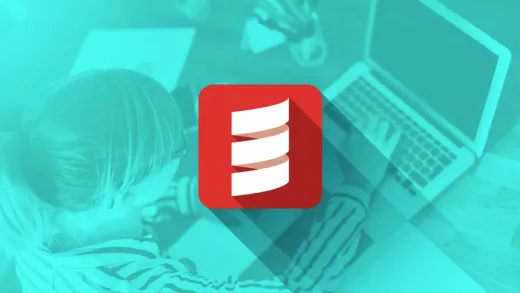
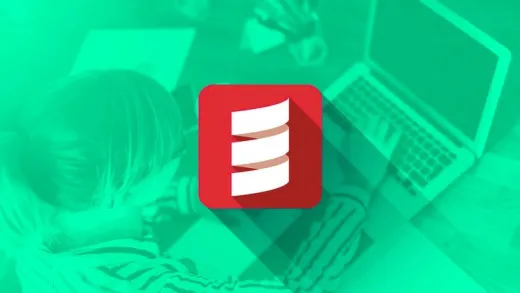
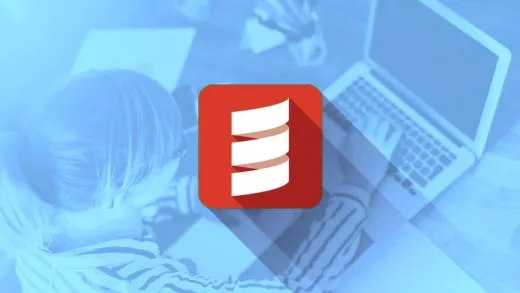
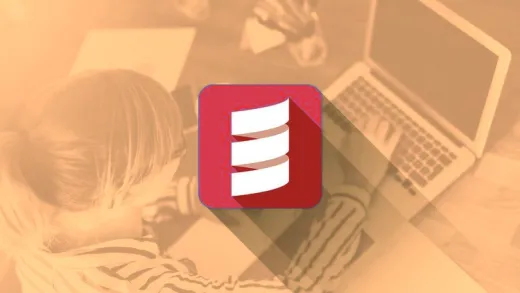
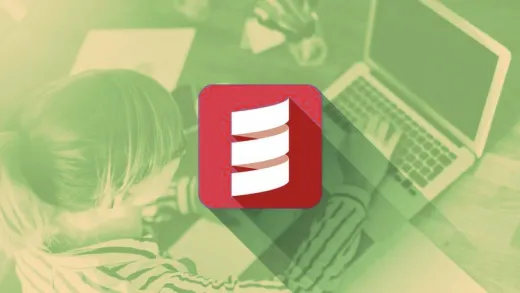
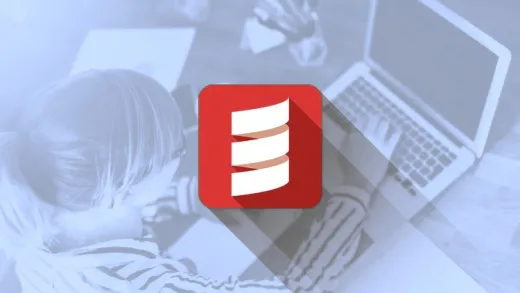

Rajat J.
NA